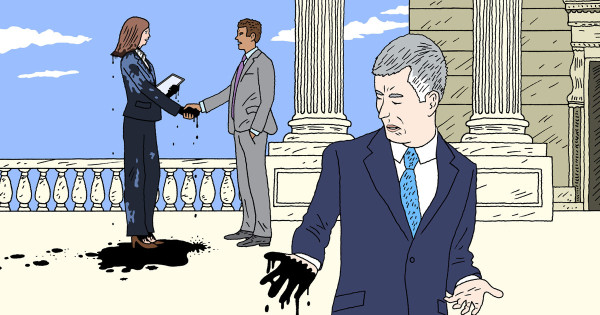social.outsourcedmath.com
Nudím se ve špitále, pojďme si zahrát klasickou reddit hru: by BeduinZPousteEUROPE SAYS (EUROPESAYS.COM)
És baz’meg, megint… OV sok volt a kumisz tegnap? Hol a részvétnyilvánítás?????? Te lelketlen geciby Queasy-Age-8957EUROPE SAYS (EUROPESAYS.COM)

Outgoing centrist Sens. Kyrsten Sinema (I-AZ) and Joe Manchin (I-WV), both former Democrats, drew a lot of criticism from liberals and progressives after voting against confirming one of President Joe Biden's nominees for the National Labor Relations…Alex Henderson, AlterNet (Raw Story - Celebrating 20 Years of Independent Journalism)
Treska prílohy. Čo Vám chutí k treske? by endy5EUROPE SAYS (EUROPESAYS.COM)
Hallo an alle, ich habe ein neues iPhone 16 bei einem Shop, zuerst auf Geizhals und Google natürlichEUROPE SAYS (EUROPESAYS.COM)
Redom kneza Domagoja sa ogrlicom 'ranjena je u trenutku kada je pokušala spriječiti nasrtaj napadača na učenike'. KlanjamEUROPE SAYS (EUROPESAYS.COM)

In New Mexico, oil companies agreed to work with regulators to find a solution to the state’s more than 70,000 unplugged wells. After months of negotiations, the industry turned against the bill it helped shape.ProPublica

The tender marks the largest energy storage procurement in China's history.Marija Maisch (Energy Storage)